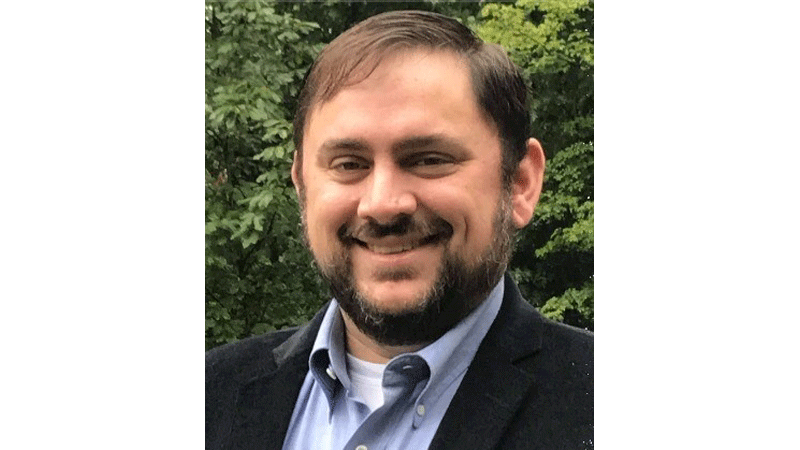Earthquake response
Published 10:00 am Sunday, February 26, 2023
|
Getting your Trinity Audio player ready...
|
Recent worldwide events have been traumatic. According to the latest news: The earthquakes that shook Turkey and Syria are among the most devastating and deadliest quakes in recent history. The death toll surpassed 41,000 and is expected to go much higher, making the quakes the deadliest seen worldwide in more than a decade. Thousands of buildings were toppled leaving millions homeless amid freezing temperatures.
The Letter of James reminds us: “What good is faith without action? What good is faith if you ignore someone in need? Faith without good deeds is dead and useless.” (James 2:14-17)
This tragedy is one we cannot ignore. If we take James seriously, churches and individuals must respond. But how? What should we do? How can we help?
Susan Kim suggests ways not to respond:
Don’t jump from your couch and fly to the site unless you have experience or skills needed. Don’t give the shirt off your back. Old clothes are seldom needed and often become a problem. Don’t believe that recovery only takes a few days. This will be an ongoing effort for years.
But, how can we respond? The needs are huge. Where do we start? After participating in several disaster relief missions and leading our church through others, here is my top 10 list:
- Pray strategically individually and through a group or church. It will be weeks or months before most people can enter the area. Use that time to seek God’s guidance.
- Give generously or set aside funds as part of your preparation. These funds can either go to an established charity or set aside for a special project.
- Contact leaders to see what’s being organized either through your denomination or other connections. For United Methodists there is UMCOR.
- Research organizations to see what’s needed and what others are doing? An individual could join a group or church already experienced in disaster relief and offer valuable assistance.
- Assess resources what talents and skills can be utilized? You may have people in your group or church who could be a critical part of your team.
- Choose something whether a project or organization or group that you want to support. Then communicate information about your choice.
- Promote creatively through every available communication channel including social media to allow other people outside your group or church, an opportunity to participate.
- Provide updates whenever possible. Frequent communication is a vital part of maintaining the enthusiasm and morale of everyone as well as recruiting new volunteers.
- Build relationships with those you are helping. Learn their story and maintain contact so that progress can be reported and celebrated.
- Think long-term as well as short-term when it comes to providing resources and help. Short-term provides needed emergency aid while long-term helps with the difficult process of rebuilding.
Melissa Crutchfield a disaster response leader writes: “Disaster is an issue of poverty because disasters tend to impact poverty-stricken communities the most. Accompanying a community through all the phases of disaster recovery requires a long-term commitment. It is only after the injured have been treated, the hungry fed, and the thirsty provided with clean, potable water that recovery begins. Long after the rubble-strewn streets have been cleared and houses rebuilt, we may still be called to walk side-by-side with disaster survivors while they make their communities stronger and better prepared for the next calamity.”
As we consider our individual and our church response to the tragedy in Syria and Turkey, we can pray together for God’s guidance.
God, I love you. I need you. You have a purpose for me.
Give me courage to follow. Help me to help those suffering in Syrian and Turkey. Forgive me when I miss opportunities. Thank you for everything. Amen.
James Moore wrote: “We were never meant to bear our burdens alone. We were never meant to suffer in isolation. It is the genius of the Christian faith that it recognizes this truth. We in the church family are a community of love sharing the joys and sorrows of life together from the cradle to the grave. The anthem “No Man Is an Island” is based on John Donne’s famous words and it reminds us powerfully that we all need one another, that not one of us is an island, that none of us stand alone, that we are all brothers and sisters with God as our Father.”
We in the church family are a community of love sharing the joys and sorrows of life together from the cradle to the grave. We all need one another, and we all need God. May we respond with generosity and kindness to those who desperately needs us.
Rev. Larry E. Davies can be reached at larrydavies@vaumc.org.





